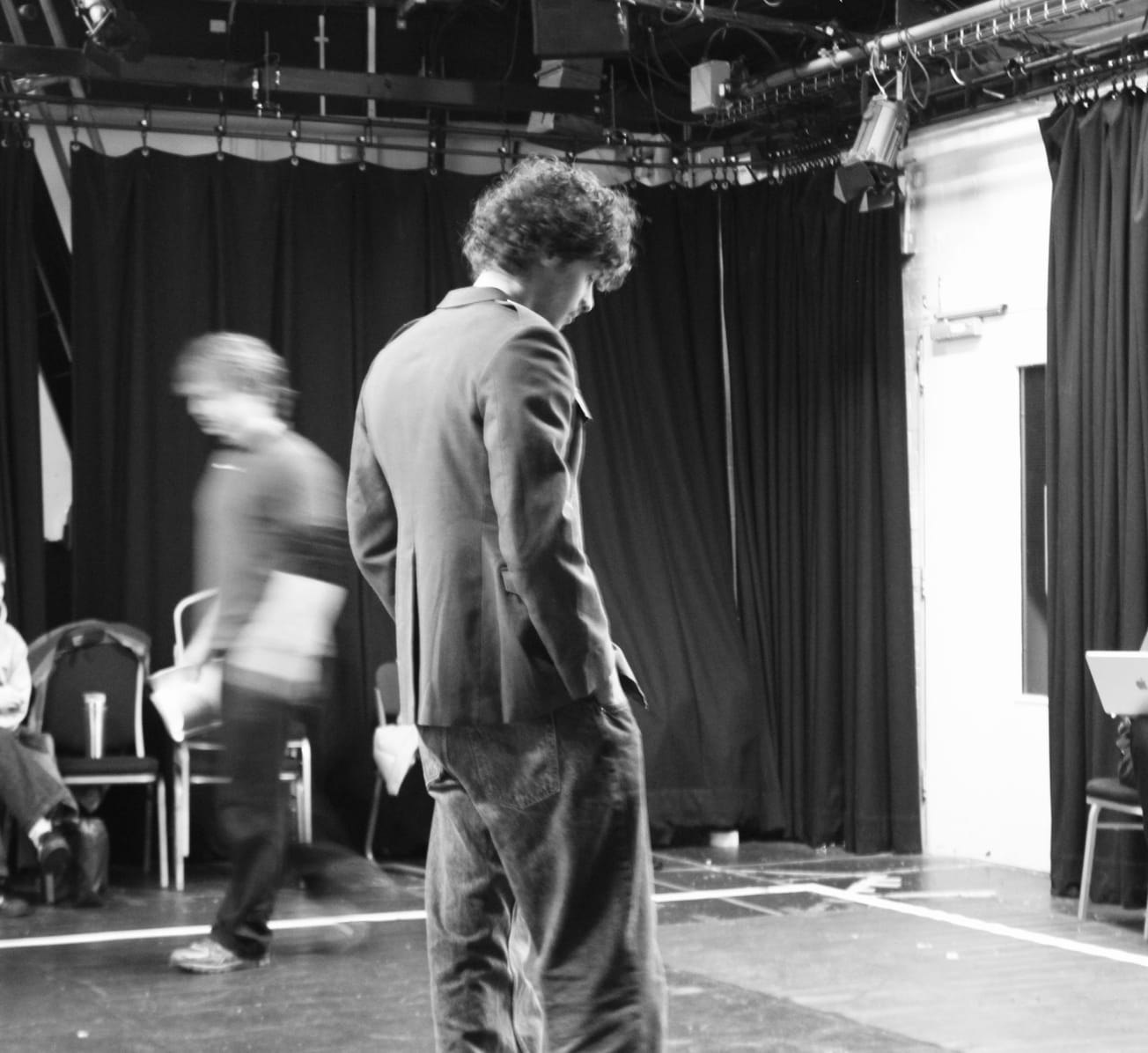By Eleanor Harrison, 2nd Year, Zoology
The Croft Magazine // The 2020 Eating Disorders Awareness Week is almost over; last week was an opportunity to raise funds for the charity BEAT UK, but also to educate and spread awareness of eating disorders of all sorts. Here, Eleanor Harrison gives a personal account of her experience with Anorexia Nervosa, and how she came to make the leap into her recovery.
Trigger warning: the following article contains animated descriptions which some readers may find upsetting.
| Read an earlier educational piece: 'Eating Disorder Awareness Week'.
‘Just eat’. The classic line anyone with a restrictive eating disorder has probably heard at least once. I wouldn’t blame you for thinking it – I know I did before I got sick. Without experiencing it, I think it’s impossible to fully understand the constant torment of an eating disorder – but I’ll try my best to give you an idea.
The worst symptoms for me were the constant thoughts of food. Eating disorders take over your life.
I would go to sleep thinking of food, dream of all the foods I wouldn’t allow myself to eat, and get up at the crack of dawn, starving, for breakfast. As soon as one meal was over, I’d be counting down the hours until I could next eat. I would sit in lectures thinking about what I would have for lunch, working out the ‘healthiest’ option, and how it would fit in with the rest of what I ate that day. If someone opened a packet of biscuits, that was all I could focus on, feeling intensely jealous how they could just absent-mindedly munch without it being a major event.
Food was such a precious rarity, the experience of eating completely dictated my emotions for the day. If a meal wasn’t perfect, it was a waste. I would blame myself for choosing the wrong thing, for wasting scarce calorie rations. My sister once waited for two hours while I debated between takeaways, then restaurants, meals I could cook, until eventually I settled on a ‘safe’ ready meal.
A few other delights anorexia nervosa handed me included: crying in cafés when the food wasn’t perfect; spending hours looking at menus before choosing a restaurant; scraping food off my plate when my parents weren’t looking; basically force feeding friends because I couldn’t stand eating more than them; pretending I liked black coffee; walking around supermarkets, looking at all the foods I wanted and walking out empty handed. Eating disorders take over your life.
The constant internal debates made me want to die – it felt like there was no escape. I eventually decided to engage in recovery when I realised things couldn’t get any worse. I wasn’t convinced starting treatment and gaining weight would help, but I was at such a point of desperation I was willing to try it – what did I have to lose?
Something that’s helped me is thinking of the qualities I value in other people, and who I look up to.
Recovering from anorexia has been the hardest thing I’ve ever done, and I still get those anorexic thoughts all the time, but every day in recovery has been infinitely better than one consumed by my ED. I’ve gained so much more than just weight in the last few months: friends, hobbies, memories, passions, confidence, energy. Looking back to the depths of my ED, I feel like a completely different person now.
Something that’s helped me is thinking of the qualities I value in other people, and who I look up to. When I go to a restaurant with friends, do I want to be the girl googling the calories in the salad or the girl who can demolish a burger without a second thought? I think the diet industry is irresponsible, so why would I perpetuate their damaging messages? Are the happiest people I know the skinniest?
To anyone struggling with an ED and wondering whether to embrace recovery – do it. If nothing changes, nothing changes. Give the middle finger to the flat-tummy-tea pushers. Make peace with the body that allows you to live a happy and fulfilled life.
Everyone has different experiences with EDs, this is just mine. Anorexia is the least common eatingdisorder – you don’t need to be stick thin to deserve help. If you want to help erase weight stigmaattached to eating disorders, then please sign the #dumpthescales petition, which calls to changethe weight-focused guidelines for accessing eating disorder treatment.
Free support for both carers and sufferers can be found from the BEAT website here.
To get involved at the University, head to Beat This Together on Facebook.
Featured: Gregory Crewdson, Untitled, 2004
Find The Croft Magazine inside every copy of Epigram Newspaper.









